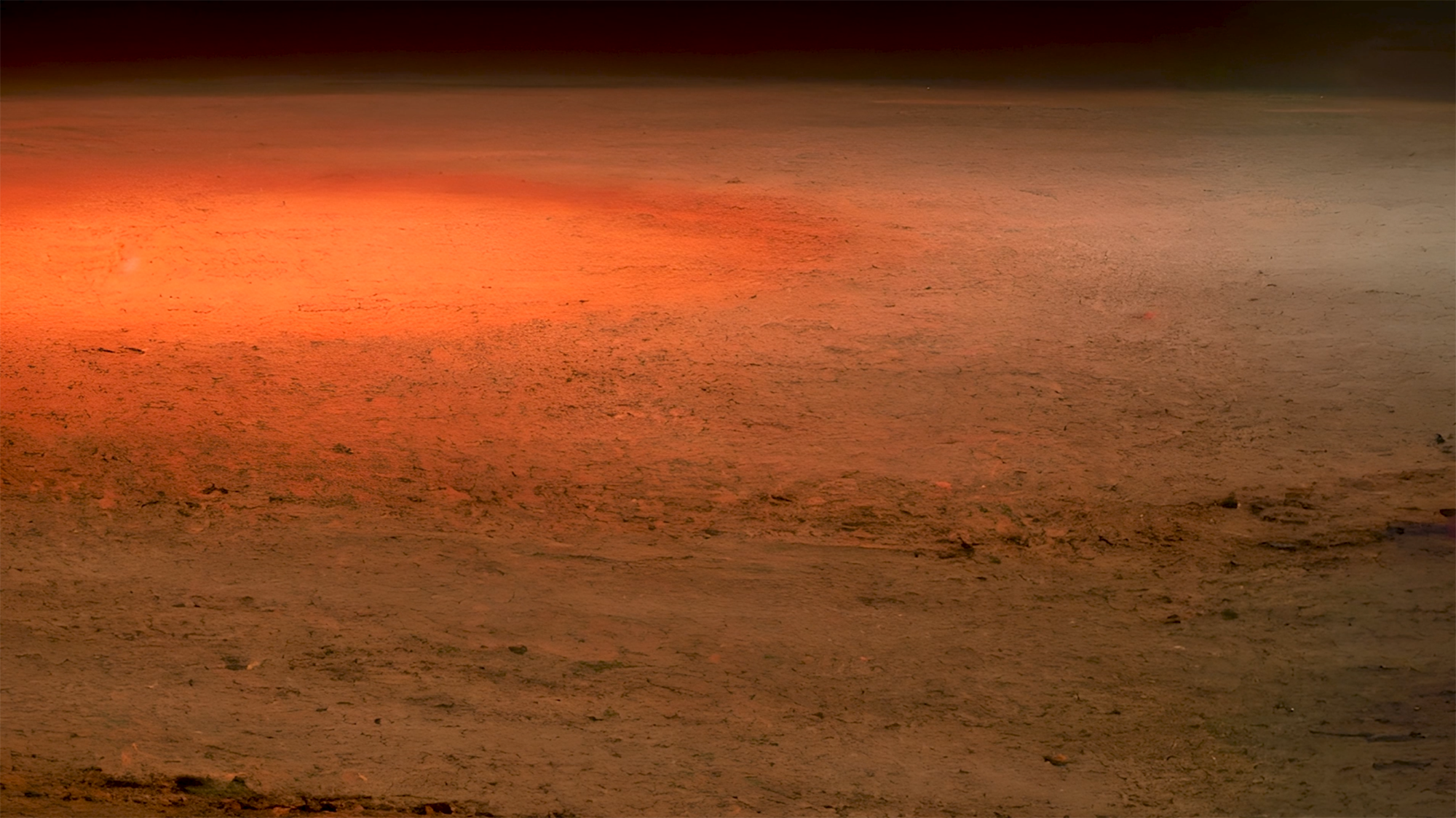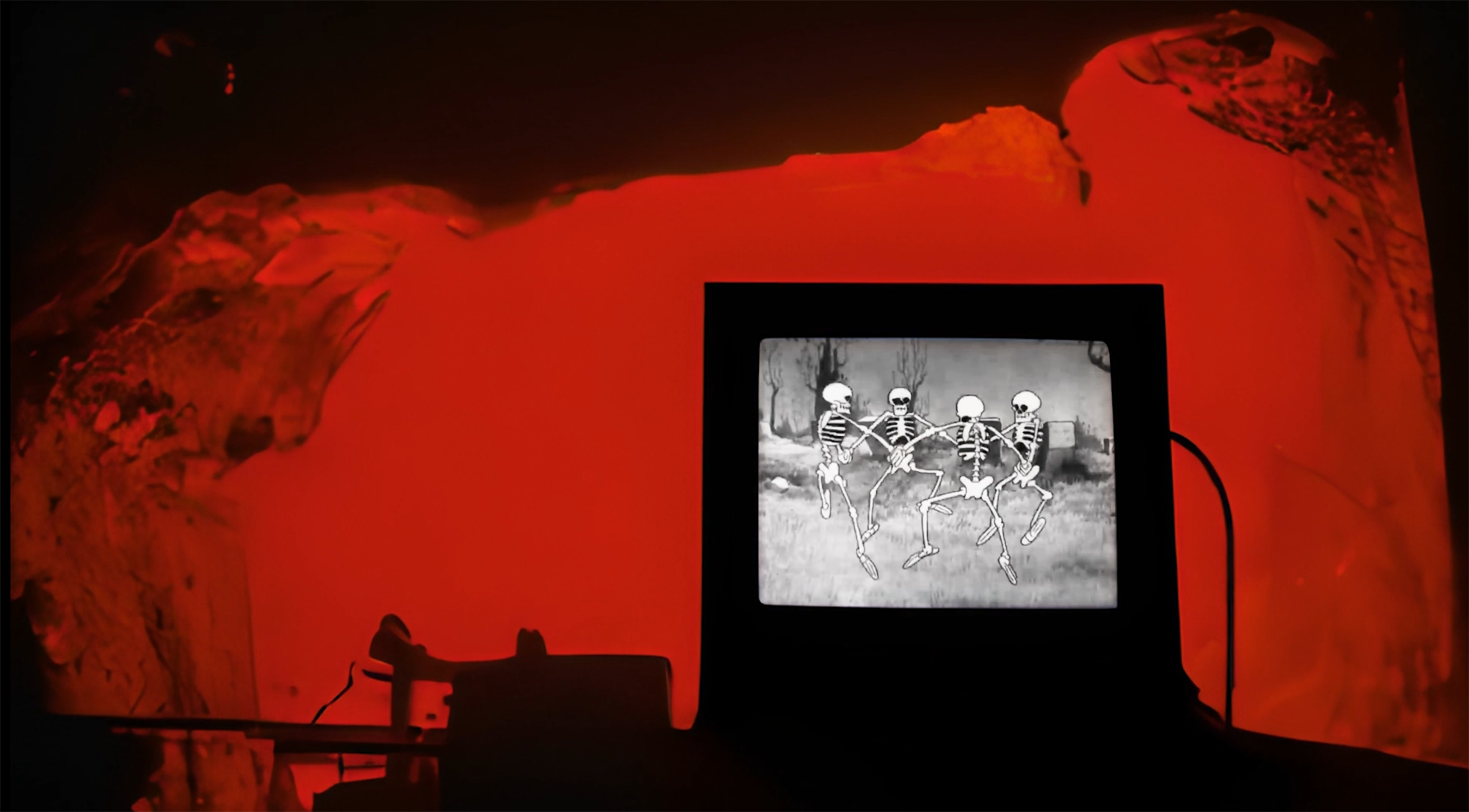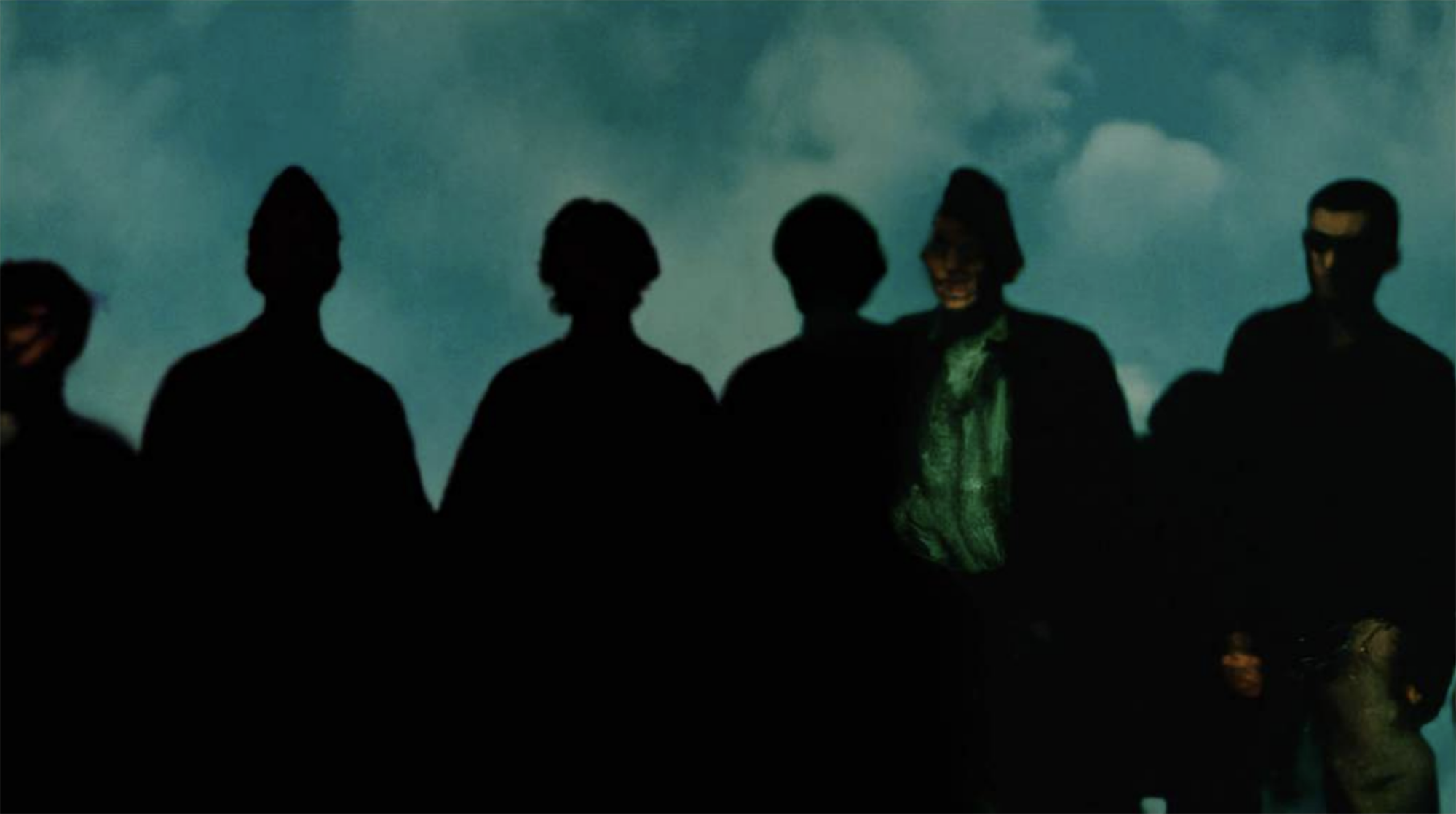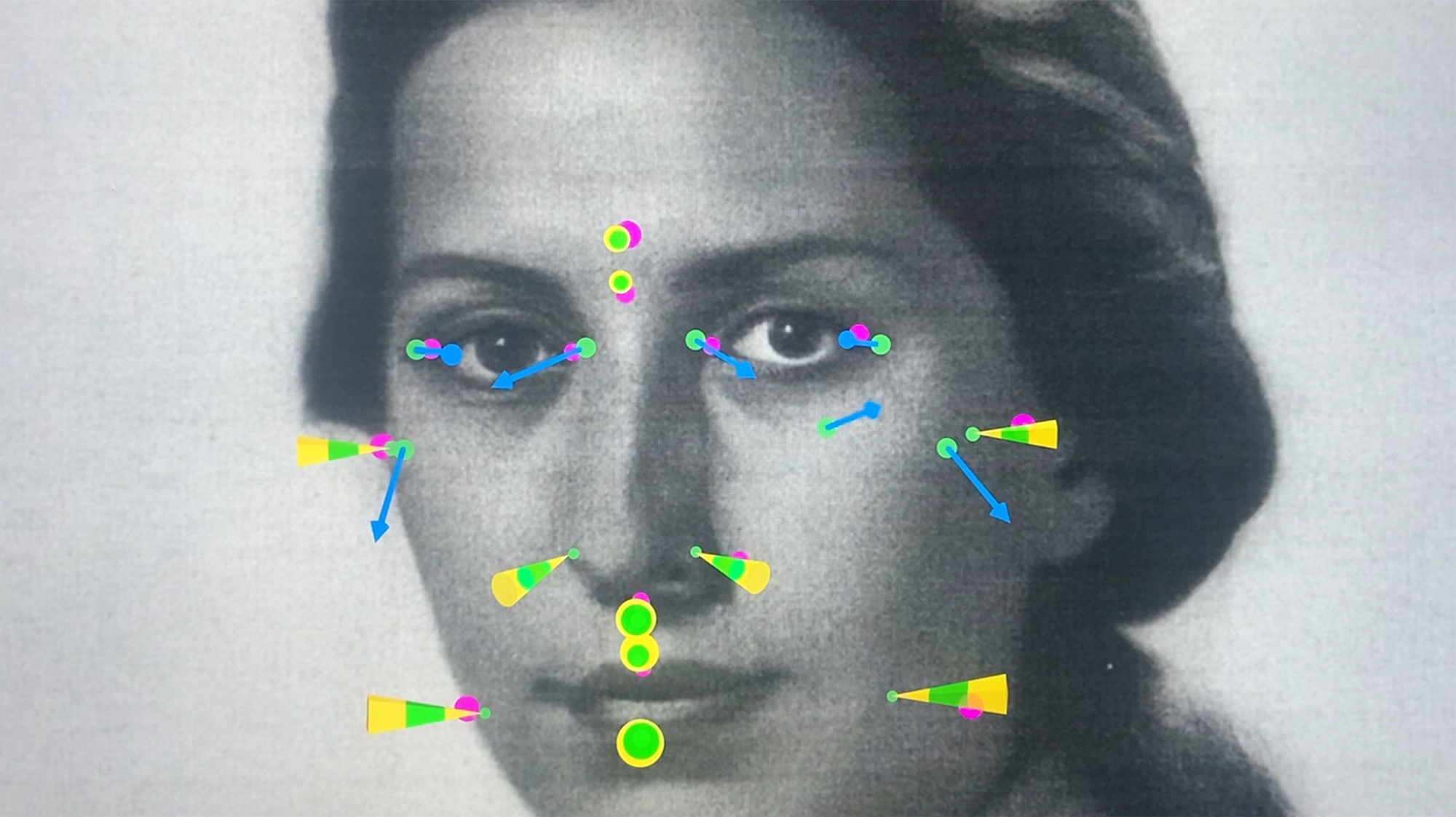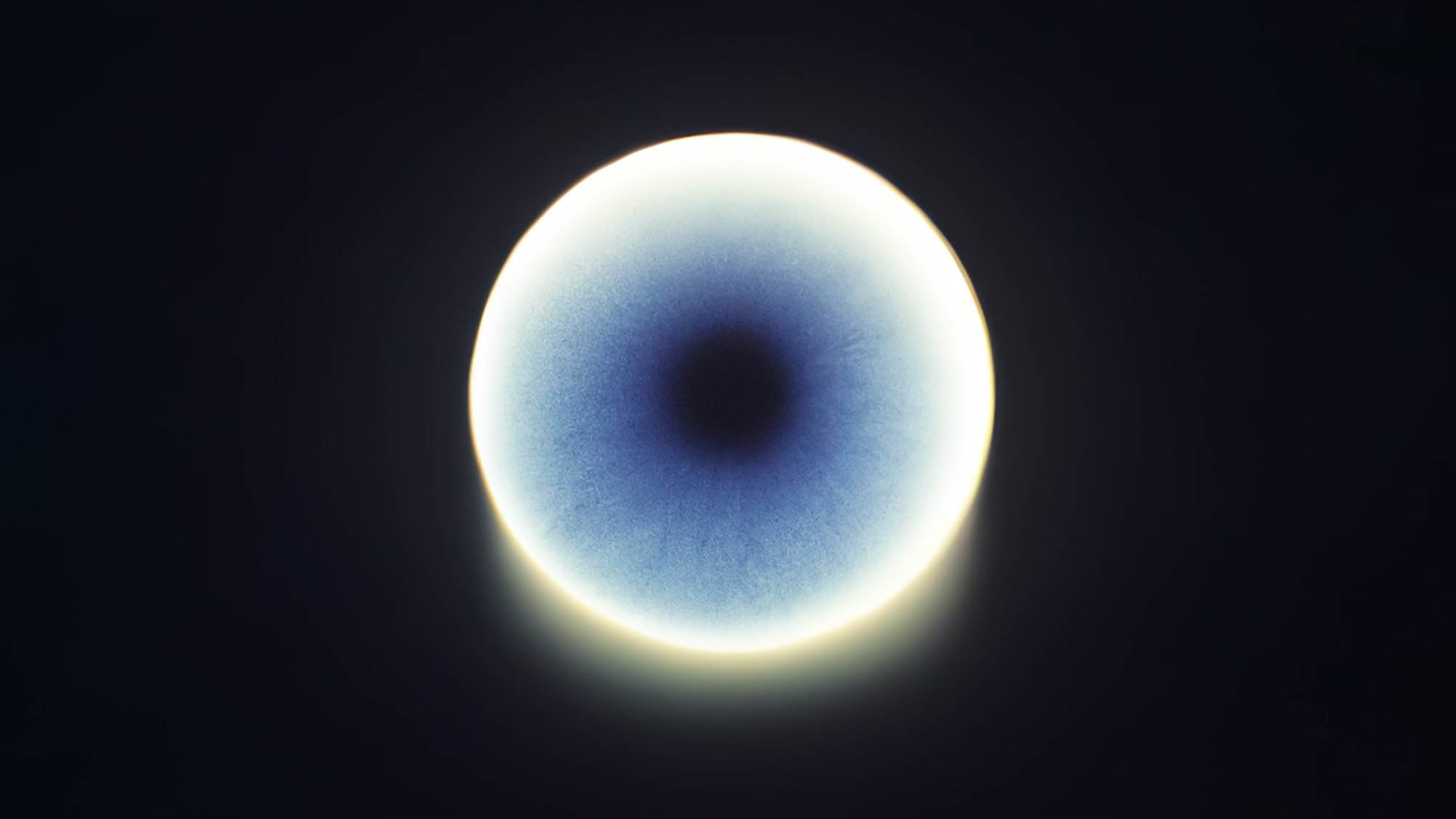Dámaso Randulfe, Eyes the Earth Will Swallow, 2023, film still
Dámaso Randulfe
Supervisor
Abstract
OUT OF THE DEEP
Legacies of Violence and the Publics to Come
Working across Earth’s surfaces and depths, this project investigates how spatial practices can develop new modes of composing publics and political imaginaries in response to legacies of state and imperial violence. It focuses on theSpanish state, where the afterlives of the dictatorship have played a central role in the construction of political subjectivities since the turn of the century. Codified by the idioms of memory and forensics, an ongoing wave of highly mediatised exhumations has successfully turned mass graves of fascism’s victims into sites of public enunciation. However, this alliance of memoria land forensic paradigms has sparked significant controversies: the individualisation of the disappeared, the invisibilisation of key actors and dimensions of the conflict, and the isolation of the dictatorship – and of a narrow range of its material traces – from the broader continuum of imperial violence. At the same time, whether as psychoanalytically inflected archaeologies of memory or as counter-forensic tools of evidence production, these exhumations have fuelled resolution-driven narratives and aesthetic registers that risk depoliticising and streamlining the complex ways violence endures.
The project develops a situated, practice-based inquiry in the arid southeast of theIberian Peninsula. A succession of surfaces on the edge of collapse, these landscapes host the world’s largest concentration of greenhouses, fields polluted by plastic and plutonium, and a unique sequence of geological formations captured in hundreds of cinematic fictions. Here, the dismal legacies of colonial enterprises, radioactive contaminations, and fascist massacres infiltrate the Earth’s surfaces in ways that the truth-production methods afforded by exhumations alone cannot explain. To spell these spectral contaminations, the thesis interrogates the epistemic privileging of depth across memorial and forensic approaches. On the one hand, it reclaims the notion of depth not as a stabilising substratum to be excavated, but as a delirious topology of interpretive excess. On the other hand, it activates surfaces (pages and plants, images and walls, dust and films, screens and skins) not as shallow sites of representation inherently opposed to depths, but as complex milieus infiltrated by the affects and intensities of a past that overdetermines the present. The project draws on the site’s historical ecology of militant editorial operations, mobilising collective publishing strategies and theory-fiction to plot sites of enunciation across a range of somatic and cultural vectors. Beyond metaphorical and forensic excavations of the past, this investigation underscores the need for practices that summon the spectres infiltrating the Earth’s surfaces – and the publics willing to welcome those spectres as kin.
Bio
Dámaso Randulfe is a PhD candidate at the RCA School of Architecture, funded by a LAHP/AHRC scholarship. They are a Senior Lecturer and Critical & Contextual Studies Coordinator at the School of Art, Architecture and Design, LondonMetropolitan University, and have previously taught at the Royal College of Art and the University of the Arts London. Their work spanning architecture, publishing, film and image-making has been shown at the Oslo Architecture Triennale, Venice Biennale, and Triennale Milano, among others. Their writing has appeared in books including After Belonging (Lars Müller, 2016), Migration (Röhsska Museet, 2021), and The Garden of Knowledge (Humboldt Books, 2022). Dámaso was also an editor of Migrant Journal, a publishing series exploring the spatial politics of more-than-human migrations.

